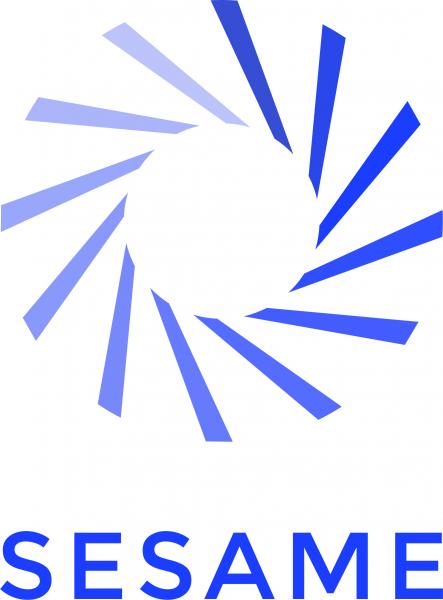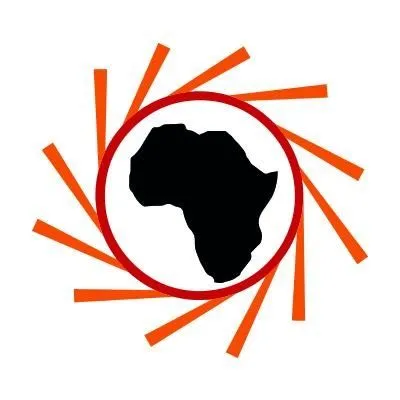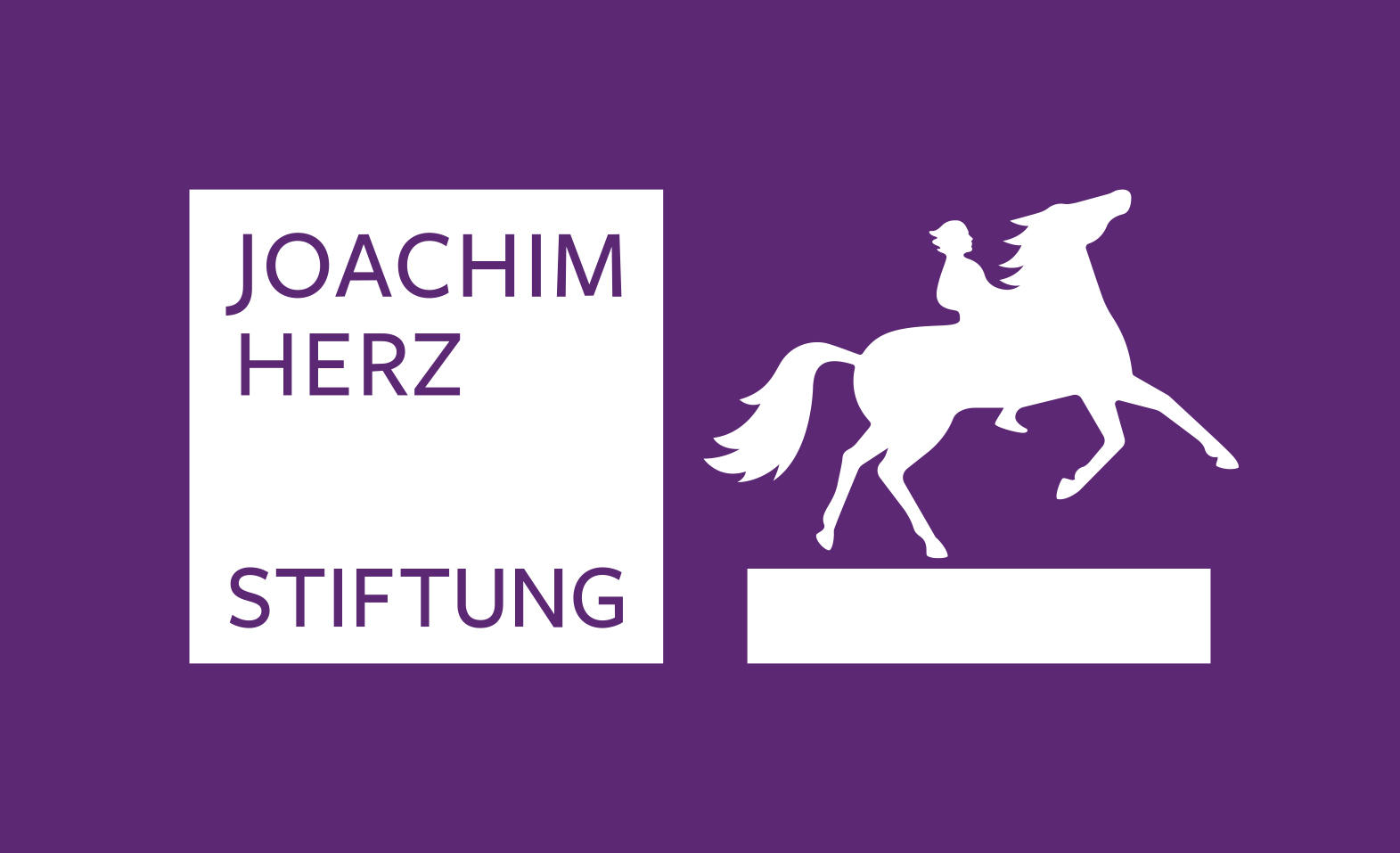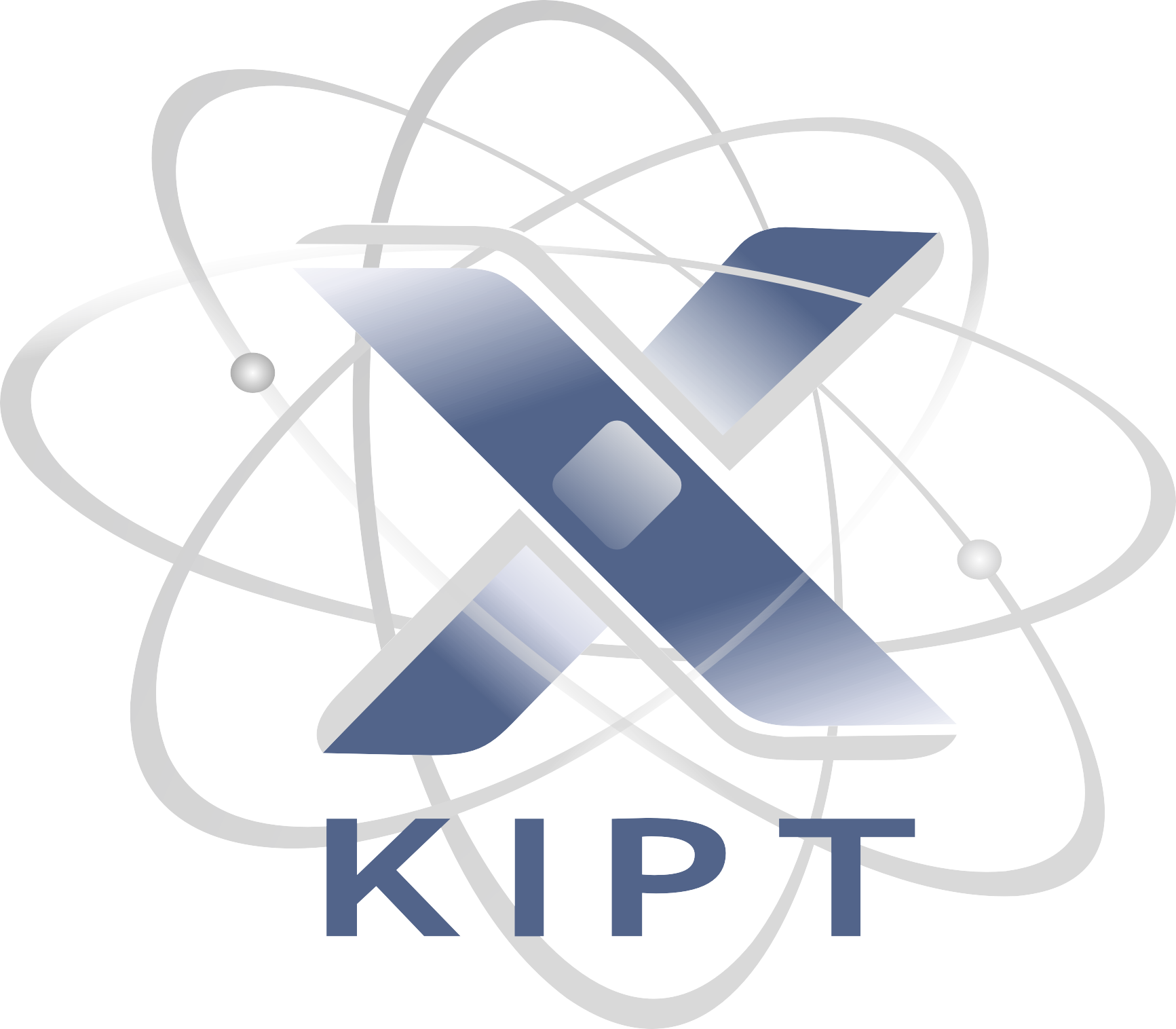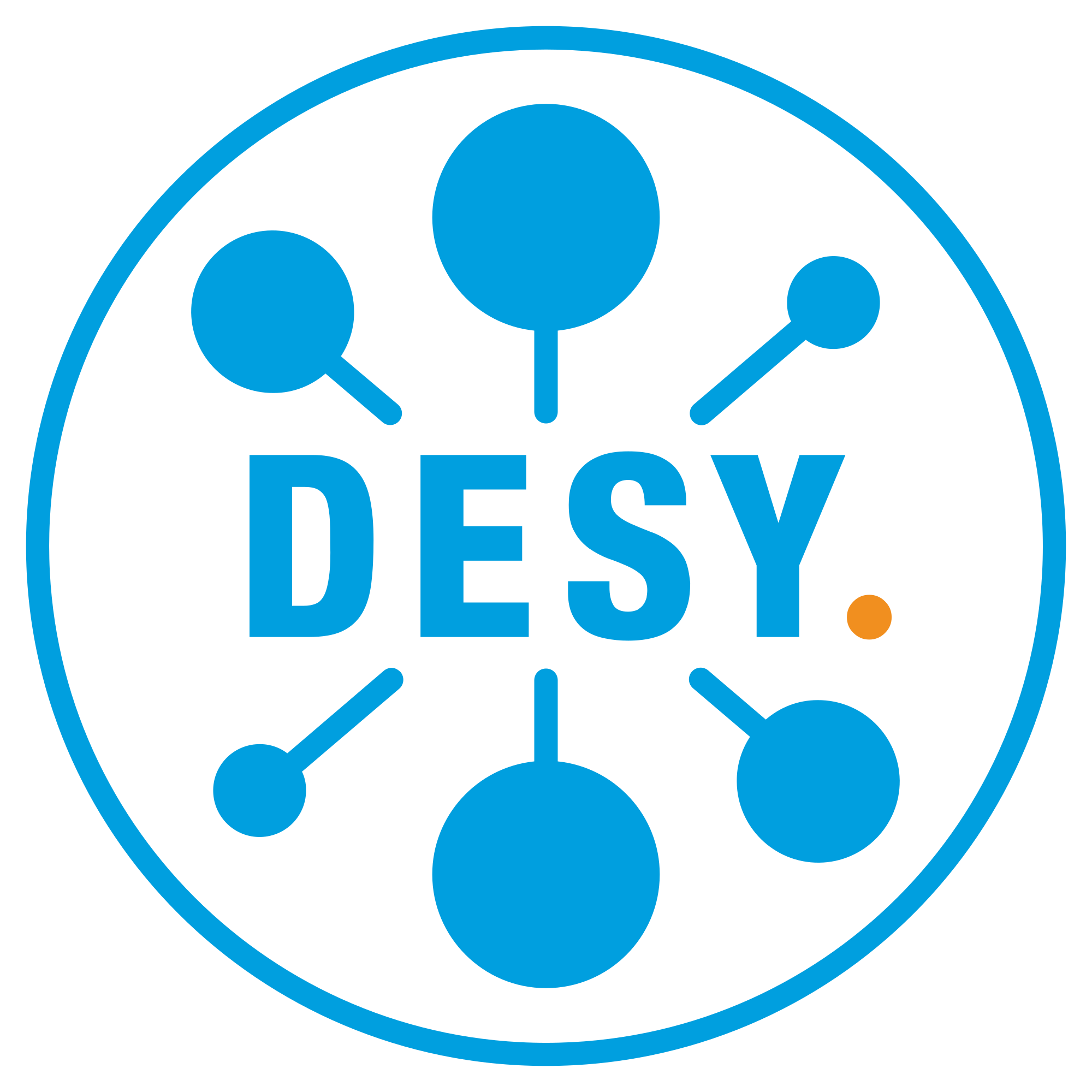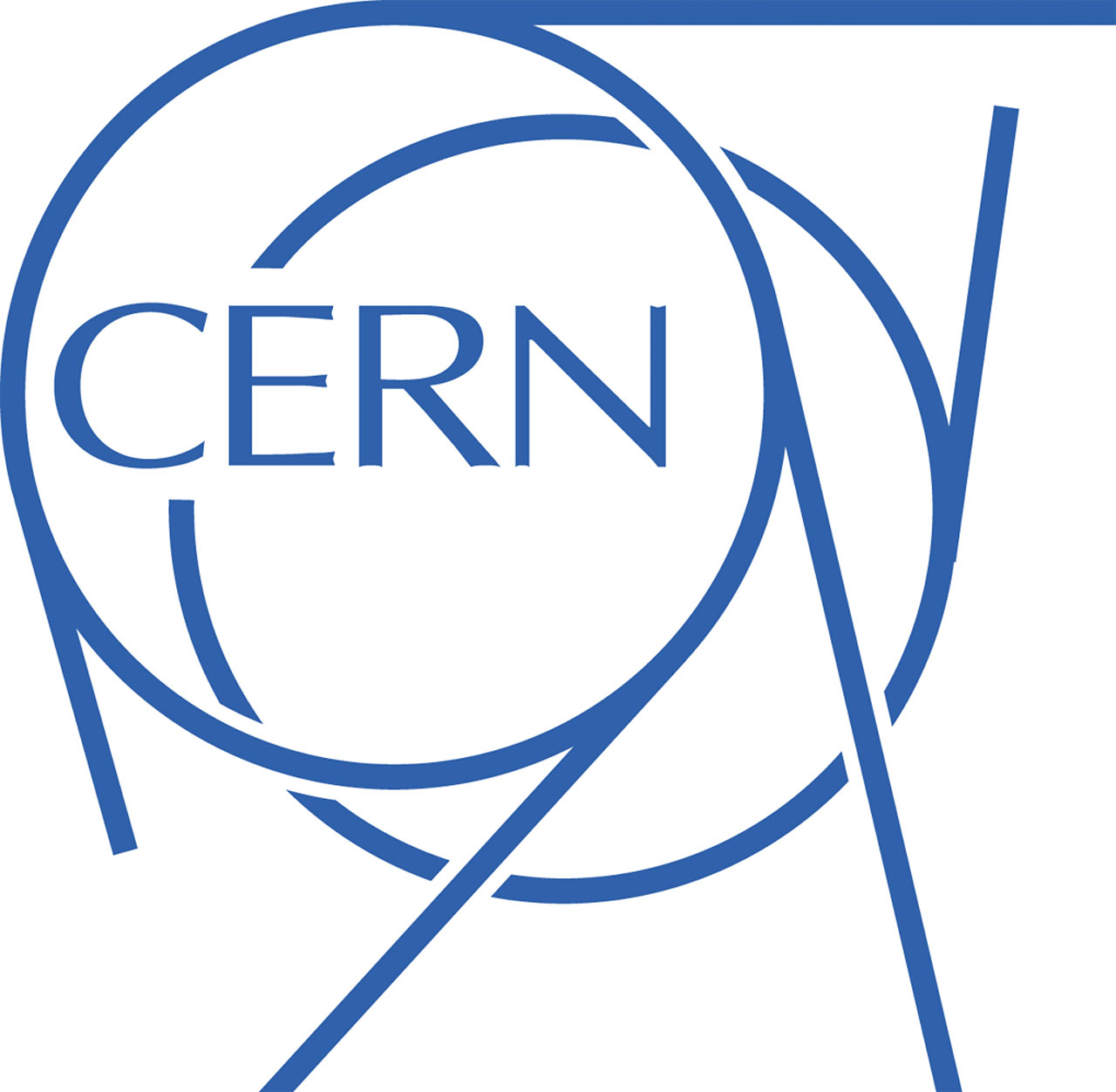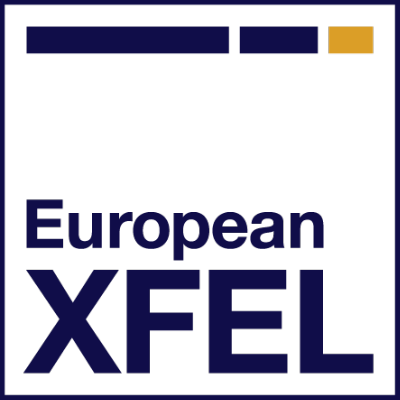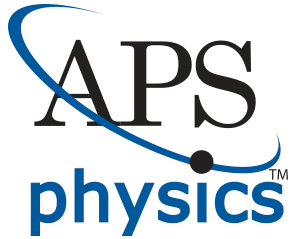Thematic Tables 2022
The Thematic Tables were hosted by organizations/foundations and brought together participants for networking and informed discussion on a specific topic. The tables took place during the extended lunch break on the first day of the conference. The outcome of the tables were used in the further course of the conference and fed into the closing session.
Research infrastructures are important knowledge hubs that offer strong opportunities for scientific communities. Through scientific and technological advancements, they contribute to pressing solutions of our societies and have strong impacts on the socio-economic developments. However, almost all research facilities are concentrated in economically well-developed regions of the world. The synchrotron radiation source SESAME (Synchrotron-light for Experimental Science and Applications in the Middle East), located in Jordan, represents a most notable exception, and another facility under planning is the African Light Source (AfLS), which is being designed to drive science, innovation and technologies for the regional needs in Africa. In this thematic table we discuss how research infrastructures could better contribute to capacity-building in economically less developed countries and how a transatlantic partnership could help to foster these developments.
Europe maintains an intensive exchange of knowledge and people with the U.S.A. The US is among the TOP 5 destination countries (and the first among non-European destinations) for German students going abroad. US-Students going abroad choose the UK and Canada as their top destinations, where they do not face language barriers. Germany follows directly as the third most attractive destination for studying abroad. And the US is one of the five most important countries of origin for international researchers and lecturers at German universities. The mobility of scientists is currently facing a number of challenges including the pandemic and the current war in Ukraine. German exchange organizations such as DAAD and the Alexander von Humboldt Foundation are currently being disproportionately affected by federal budget cuts. On the US side, the attractiveness of the research sector is affected (e.g. restrictive visa regulations). It is now common for universities to report difficulties in recruiting international scientists. At this lunch table, we will discuss the challenges and perspectives for mobility of scientists with experts from both sides of the Atlantic.
The war in Ukraine has led to dramatic effects on the Ukrainian research system. Thousands of scientists had to leave their country and universities and research infrastructures have been damaged. Conducting science under these conditions is a permanent struggle at the National Scientific Center "Kharkiv Institute of Physics and Technology" (NSC KIPT). NSC KIPT is the largest research center in Ukraine. It was created in 1928 and occupies a leading position in many areas of both fundamental and applied physics. It has been part of many international scientific collaborations throughout the years. The region of Kharkiv is located 25 km from the Russian border and efforts at NSC KIPT are going on to safeguard facilities and to restore destroyed infrastructure. Support measures, including fellowships for Ukrainian scientists and access to other facilities have been initiated by the global scientific community. Discussions on how to further mobilize international support and rebuild Ukrainian research infrastructures in a sustainable way are a priority. This thematic lunch table will allow attendees to discuss ways for the international scientific community to engage in the mid- and long-term needs of Ukrainian research and NSC KIPT.
Large-scale research infrastructures are faced with rising energy costs, resource scarcity,
growing environmental concerns and climate change. These major challenges have prompted research
facilities to work on sustainable solutions for their operations and to design sustainable
development strategies for both existing facilities and future projects. There will be no more
new research facilities without a strong environmental commitment as a main objective.
Research organisations need to act responsibly on energy consumption (reduction in consumption,
energy efficiency and recovery, …) on environmental impact and on the transfer of technology
towards society in the broad field of sustainability. In this context, it is important to show
the relevance of our research and at the same time show that the technologies developed are
useful to society.
In Europe, the current energy crisis and price shock will further aggravate the situation and
may require immediate action but a medium- and long-term vision is compulsory. In this Thematic
Lunch Table, we will reflect on the current situation, include the results of the recent 6th
workshop on
Energy
for Sustainable Science in
Large Research Infrastructures and discuss the need for more international cooperation
in this area.
International collaboration and multilateral partnerships are not only an important ingredient of the scientific enterprise they are also inevitable to address the grand challenges of our society. Research infrastructures have always attracted international science communities and offered rich opportunities to encourage and advance international collaboration. However, conditions to cooperate in an international arena are becoming increasingly complex and the overall awareness of certain risks, such as uncontrolled loss of IP, unintentional technology transfer or violation of principles of research integrity is growing. In addition, there are geopolitical tensions that create to a large extent further uncertainties and concerns. With all the opportunities of international cooperation there are also challenges which must be met in an appropriate and thoughtful way. This thematic table discusses ways and ideas to safeguard international cooperation under complex conditions and explores existing approaches of research security on both sides of the Atlantic.
Science transcends national boundaries and international scientific partnerships are essential for breakthrough discoveries that advance science and contribute to economic growth for the benefit of all people. Moreover, the great challenges of mankind, global warming, renewable energy sources, nuclear threat and many more can only be tackled by science in international cooperation. In its long history, science has helped bridging cultural diversity and fostering mutual understanding across political and ideological divisions even in times of serious political tension. Today, science is increasingly considered part of politics and government policies directly affect scientific exchange, mobility and international collaboration. Scientists are facing serious daily challenges as to whom to collaborate with, under which conditions, in which fields etc. This thematic roundtable will discuss how scientists can work together to develop and formulate a new international science diplomacy aiming at addressing globally shared challenges, facilitating international science cooperation and, thus, improving international relations between countries.
Applied research continues to encounter inefficiencies in transferring technology from the lab into the market. Defining how best to transfer technology requires collaboration amongst stakeholders who can quickly identify problem statements for industries and translate them into a plain language that policymakers can easily define as they look to solve societal problems. Transatlantic collaboration in the arena of science and technology transfer can make liberal democracies more resilient in the face of current and emerging challenges, but ongoing technology transfer requires knowledge transfer of people, ideas, and equipment to facilitate innovation. To facilitate this process, stakeholders must consider mobility of ideas and the speed of which these ideas can be transferred into practical applications in industries of interest. This thematic table aims to define the problems impacting technology transfer and how to best identify attainable collaborations amongst government institutions, industry stakeholders, and researchers and scientists.
Numerous political, societal, and technological challenges face humankind, right as scientific cooperation between countries has weakened due to the situation across the globe. Scientists around the world are concerned how enormous threats to human civilisation can be managed without international science collaboration that has so far been the standard in research but is now being challenged more and more. This thematic table will specifically look at the transatlantic science cooperation in this new international context and will discuss to what extent it is affected by geopolitical strains, how it can be strengthened again and how it can help to overcome the overall barriers in international science collaboration.

